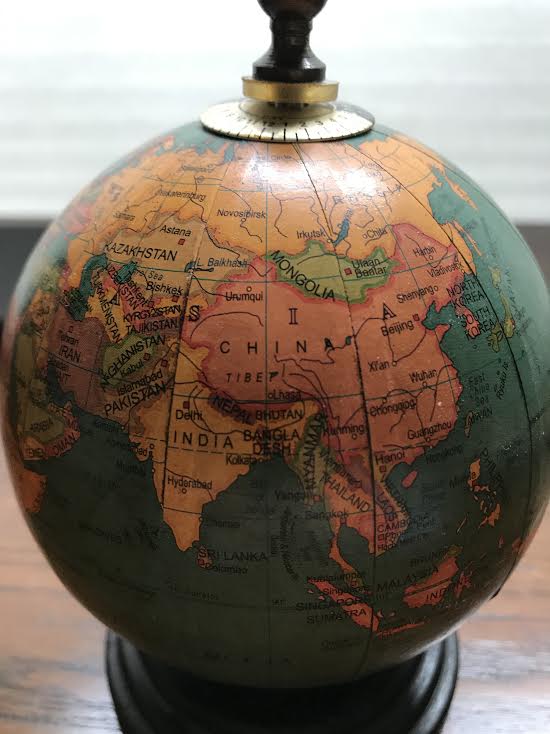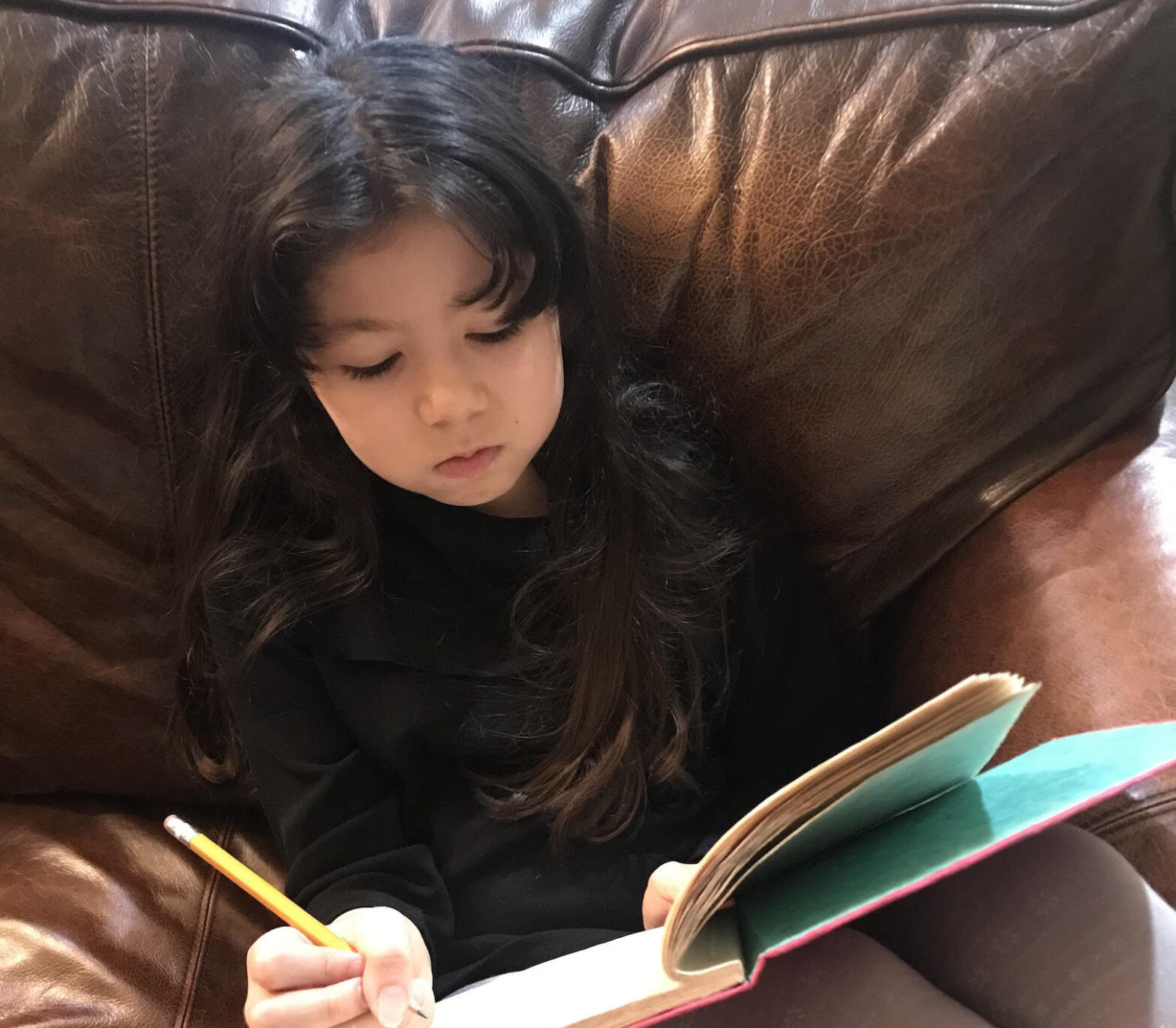Even before my book launch on July 16th this year, I was inundated with things to do, like designing a bookmark, poster, flyers, and my new business card, and then having them printed.
I recently had a reading and book-signing event at the beautiful, newly built Boerne Library. Unlike my first book-signing at a bookstore where about 70 friends and colleagues crammed into a small space, the large open room with light coming in through expansive windows at the Boerne Library was conducive to a leisurely and relaxing, lively conversation. The questions were mostly about Sonju, my motivation for writing it, and about Korea. I am always happy promoting awareness about Korea, its people, history and culture. When I spoke at the Victoria Rotary Club, people asked me what happens between signing the author contract and the book launch.
Coming up, I have an author appearance scheduled at local book clubs in September and November, another in April 2022, and a virtual appearance in Virginia next year. Also, I am scheduled to participate in the Boerne Books and Arts Festival on October 2nd. There is something about these face-to face conversations that energizes me.
In the meantime, I am writing my second novel, also set in Korea, but in 1982. I am about one third done. After this rough draft, editing and rewriting start in earnest. Finding time to write while spending a few hours a day on social media to promote Sonju, maintaining social activities, attending various meetings, meeting commitments, making phone calls, and reading emails, and cooking and cleaning is a challenge. I am barely squeezing in my one-hour walk in the morning.
I am going to look into buying this vacuum cleaner that my daughter raves about. It vacuums and mops!




